
Louis XIII et Richelieu, la Malentente, Simone Bertière Livre de Poche
[1] Louis XIII, taciturn and suspicious, relied heavily on his chief ministers, first Charles d'Albert, duc de Luynes and then Cardinal Richelieu, to govern the Kingdom of France. The King and the Cardinal are remembered for establishing the Académie française, and ending the revolt of the French nobility.

(1642) Louis XIII made Cardinal Richelieu principal advisor for him. Their partnership helped
Premier des ministres de Louis XIII de 1624 à 1642, le Cardinal de Richelieu occupe une place éminente au sein du panthéon des grands hommes d'état français. Il aura présidé, aux côtés du roi avec lequel il formera un duo politique mémorable, au grand retour de la France sur la scène internationale après les saignées des guerres de Religion.
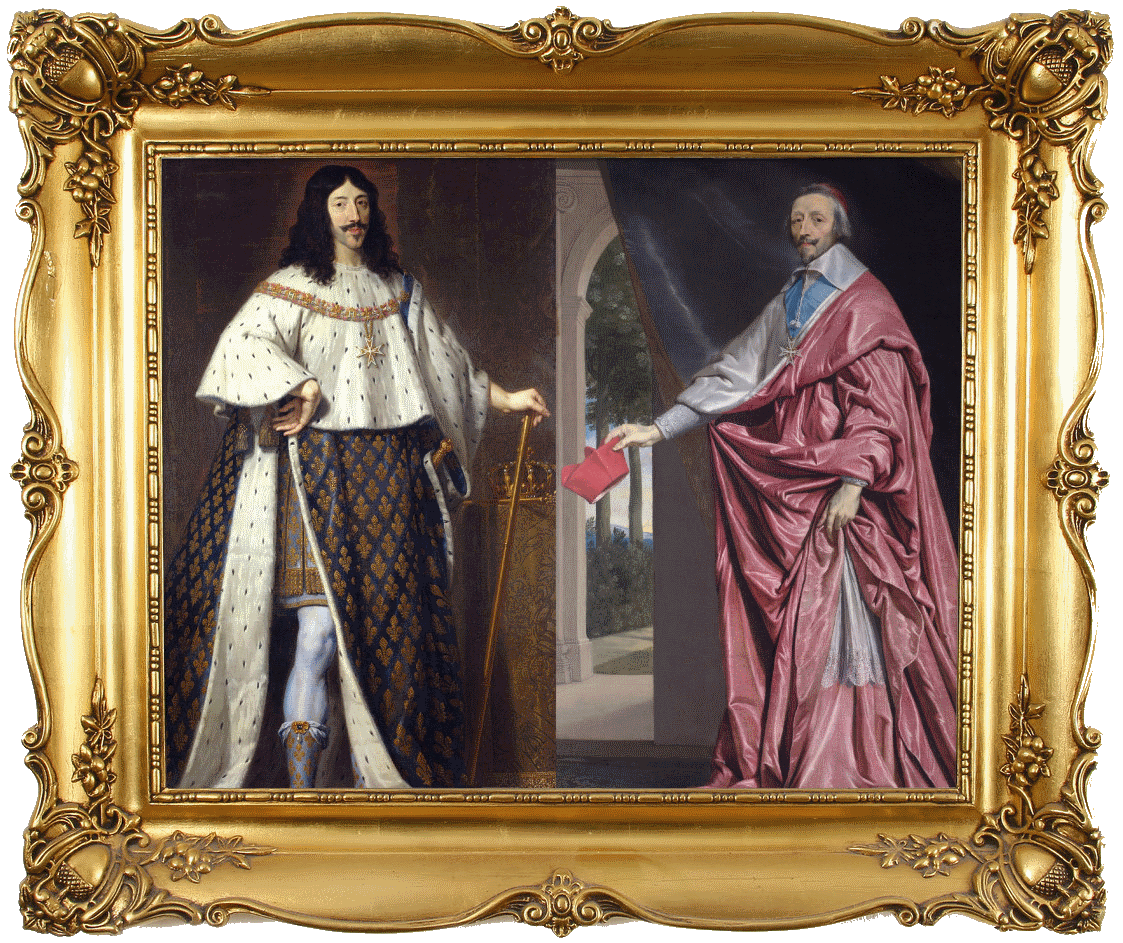
Louis XIII & Richelieu Histoire de France pour les enfants
RICHELIEU, ARMAND JEAN DU PLESSIS DE Cardinal, minister, and head of the royal council of Louis XIII from 1624 to 1642; b. Paris, Sept. 9, 1585; d. Paris, Dec. 4, 1642. He prepared the way for absolute monarchy in France and for French predominance in Europe. His father, Francois du Plessis, was at the court of Henry III and died in 1590 in the service of henry iv.
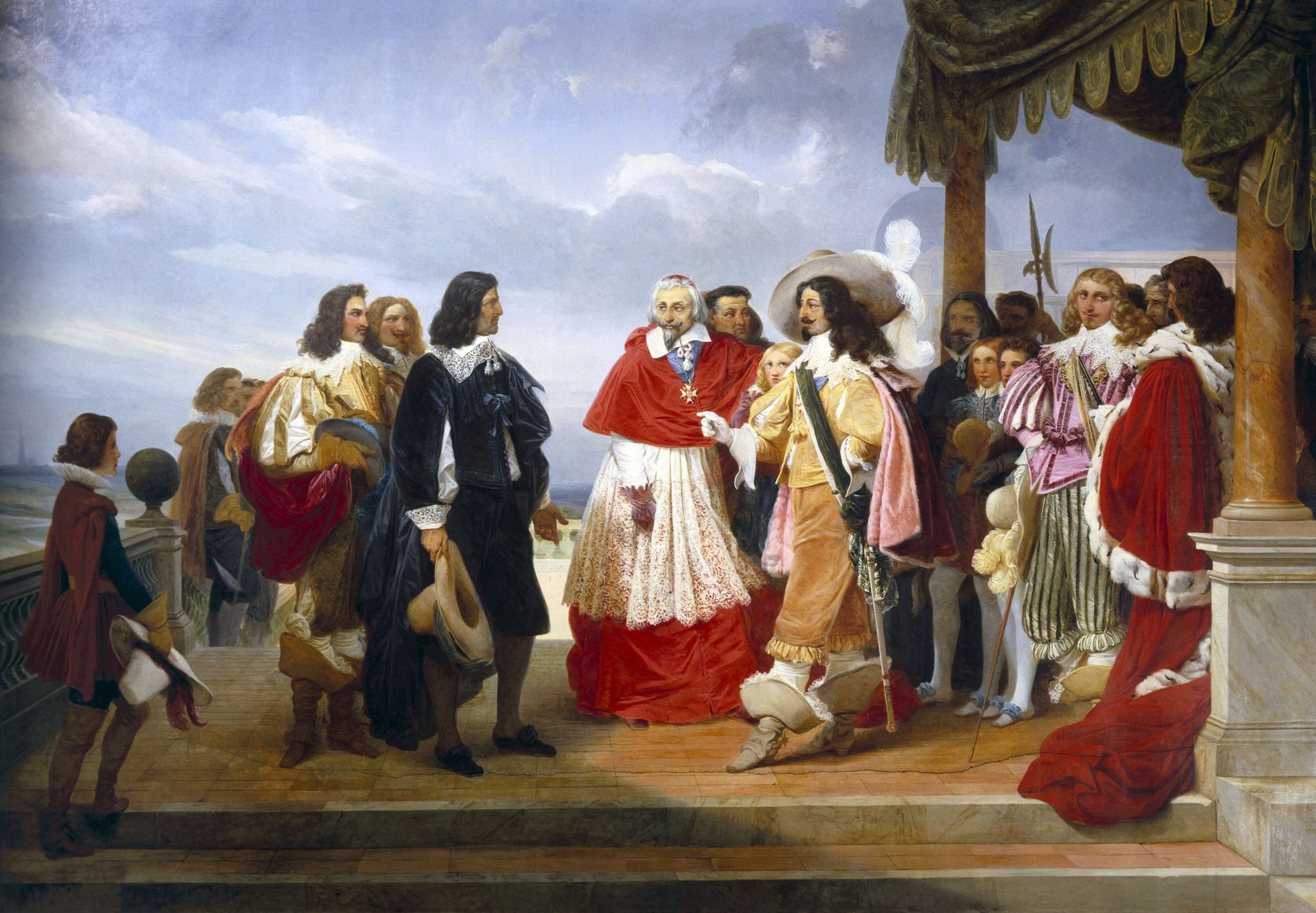
Louis XIII et Richelieu, un tandem infernal
France in the Age of Louis XIII and Richelieu. Translated by D. M. Lockie. New York: Praeger, 1975. This classic account traces chronologically the political history of Louis XIII's reign. It was originally published in French as La France de Louis XIII et de Richelieu (2d ed., Paris: Flammarion, 1967). The annotated bibliography by the.

Louis XIII est assis, le cardinal de Richelieu est en rouge, debout à côté de lui. Kings
Louis XIII, (born September 27, 1601, Fontainebleau, France—died May 14, 1643, Saint-Germain-en-Laye), king of France from 1610 to 1643, who cooperated closely with his chief minister, the Cardinal de Richelieu, to make France a leading European power.

Louis XIII et le cardinal de Richelieu Culture G, Luis Xiv, Musketeers, Brac, Interesting
June 6, 2008 by Admin. Louis was fortunate in securing the assistance of the remarkably talented duc de Richelieu (1585-1642), who was an efficient administrator as bishop of the remote diocese of Autun. Tiring of provincial life, Richelieu moved to Paris and showed unscrupulous skill in political maneuvering during the confused days of the.

1635 Richelieu et Louis XIII dans le bourbier européen Tercios
France in the Age of Louis XIII and Richelieu. Translated by David M. Lockie. New York: Praeger, 1975. This classic account provides a chronologically organized political history of Louis XIII's reign. It was originally published in French as La France de Louis XIII et de Richelieu (second edition, Paris: Flammarion, 1967). The annotated.

Louis XIII et Richelieu Histoire cm2, Histoire cm1, Histoire ce2
Louis XIII distrusted Richelieu at first, because of his ties to his mother, but by 1624 the king realized that Richelieu was the only person capable of taking control of the difficult political situation created by the conflicts of the early 1620s. In 1624, Richelieu was appointed as the king's chief minister, an office he would keep until.
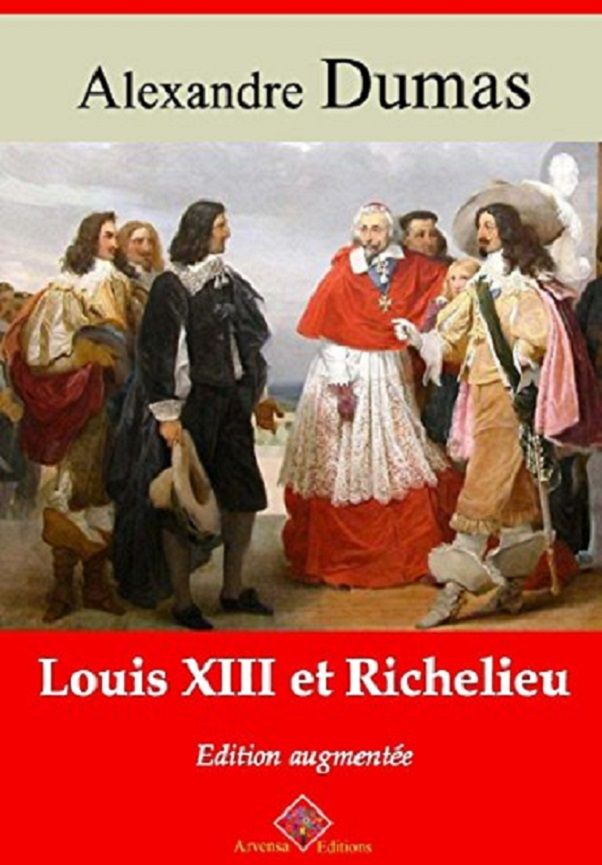
Louis XIII et Richelieu Alexandre Dumas SensCritique
Louis XIII Louis XIII (Fontainebleau 1601-Saint-Germain-en-Laye 1643), roi de France (1610-1643), fils d'Henri IV et de Marie de Médicis. 1. Tenu à l'écart du gouvernement 1.1. La régence Assassinat de Concini dans la cour du Louvre (24 avril 1617)
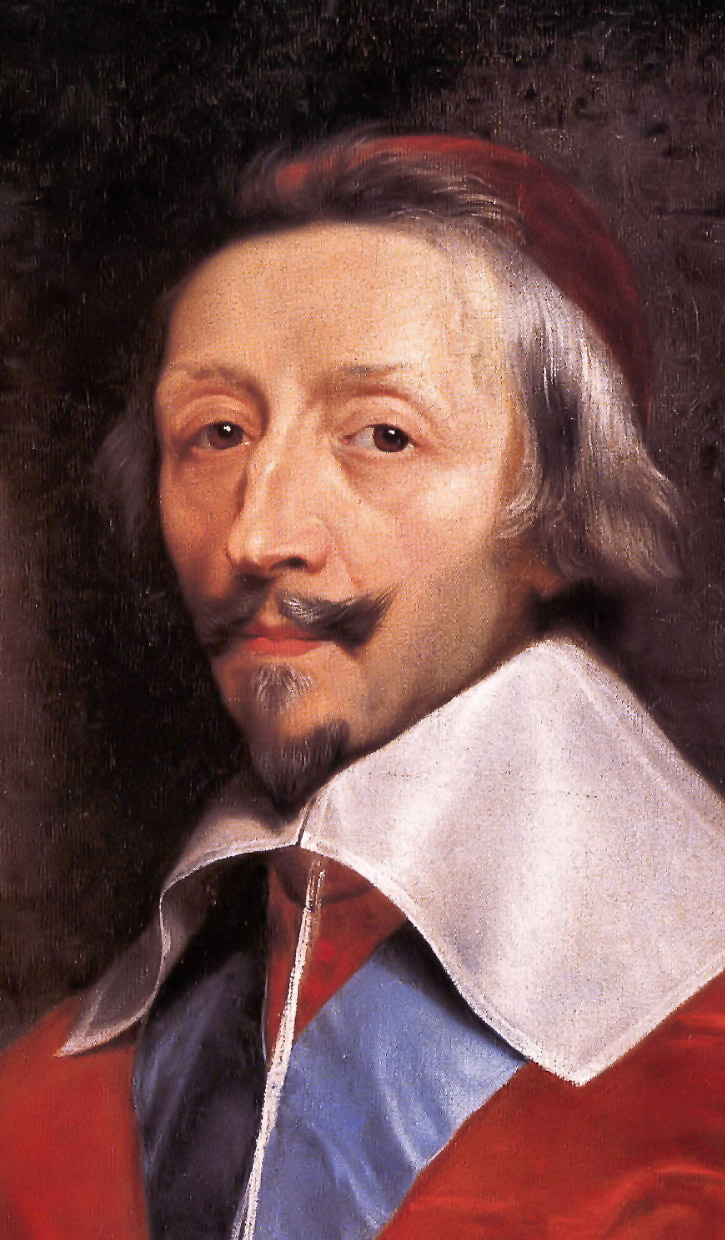
La guerre de Trente ans
Louis XIII, dit « le Juste », fils d' Henri IV et de Marie de Médicis, né le 27 septembre 1601 au château de Fontainebleau et mort le 14 mai 1643 au château Neuf de Saint-Germain-en-Laye, est roi de France et de Navarre de 1610 à 1643 .

Épinglé sur Le règne de Louis XIII en citations
Fondateur de l'Académie française, plus célèbre ministre de Louis XIII, génie politique, Richelieu est l'un des personnages les plus célèbres et les plus controversés du XVIIème siècle. Une vie passée au service du roi dont il va renforcer et asseoir le pouvoir comme jamais auparavant.

. Louis XIII et le cardinal de Richelieu devant La Rochelle. 17th century. 824 Louis XIII
Renowned for his fierce intellect, mastery of the dark arts of propaganda, and unshakeable belief in the centralizing virtues of the French monarchy, Cardinal Richelieu's actions as chief minister under Louis XIII from 1624 to 1642 have been heatedly debated by generations of historians, political philosophers, novelists, and biographers. The polarizing figure is best known for three things.
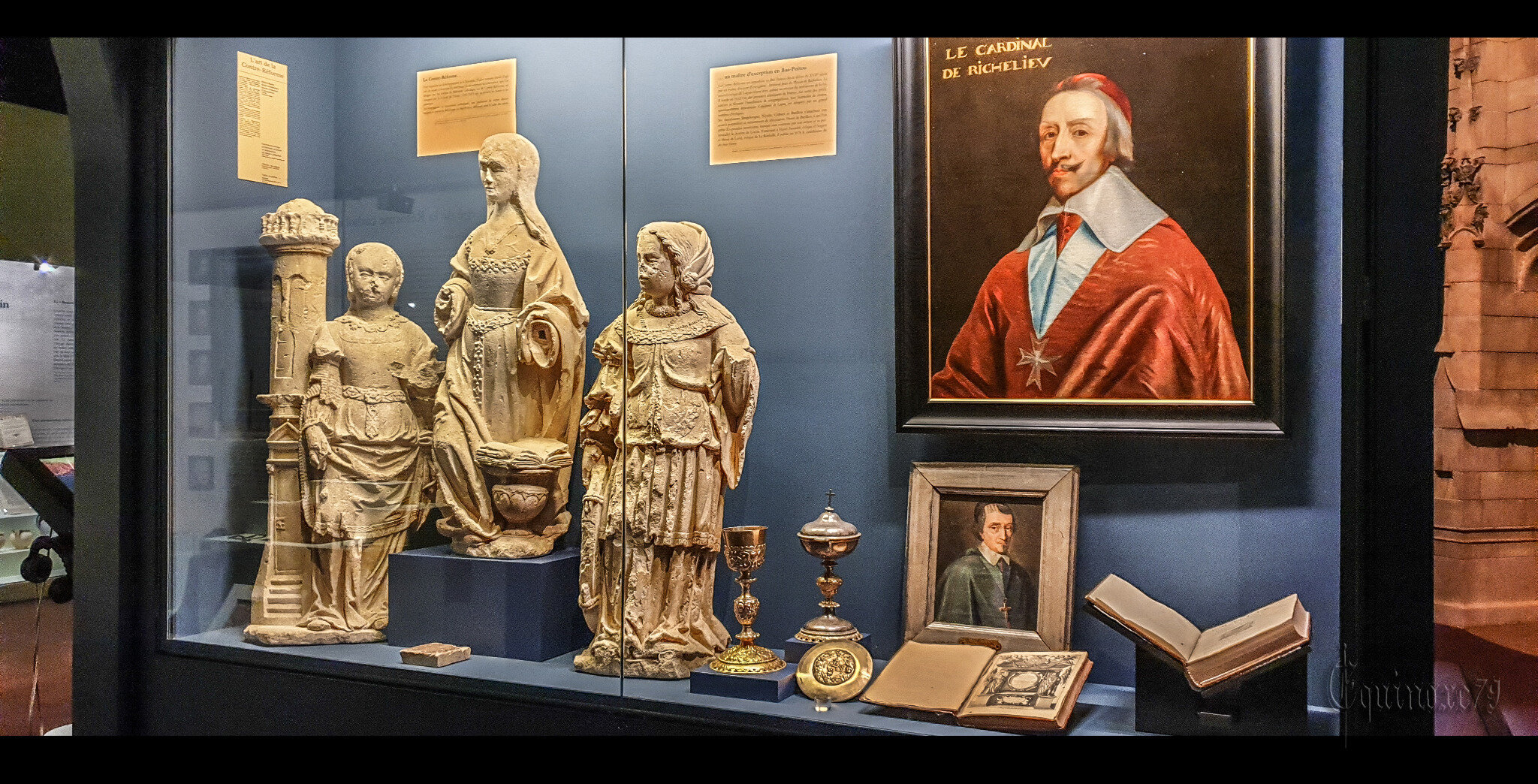
Louis XIII Marie de Médicis Richelieu devient Cardinal Place aux Porches à Fontenay le
Armand-Jean du Plessis, cardinal et duc de Richelieu (born September 9, 1585, Richelieu, Poitou, France—died December 4, 1642, Paris) chief minister to King Louis XIII of France from 1624 to 1642. His major goals were the establishment of royal absolutism in France and the end of Spanish-Habsburg hegemony in Europe.

richelieu et louis XIII Vintage advertisements, Illustration, Vintage art
When Maria de' Medici escaped from Blois in 1619, Richelieu was chosen by the minister Luynes to negotiate for peace between Louis XIII and his mother. By Brief of 3 November, 1622, he was created cardinal by Gregory XV. On 19 April, 1624, he re-entered the Council of Ministers, and on 12 August, 1624, was made its president.

Louis XIII et le cardinal de Richelieu AbcFrancais
En entraînant la nation entière au service d'un État plus fort, Louis XIII et Richelieu ont, en quelque sorte, «débloqué» la France encore médiévale et ouvert à chaque Français de plus larges perspectives. Si le cardinal a été le principal ouvrier de cette tâche immense, il serait injuste de croire que Louis XIII n'a pas été.

French king Louis XIII and minister cadinal of Richelieu founding the... News Photo Getty Images
Cardinal Richelieu (1585-1642), was a French clergyman, nobleman, and statesman, serving as King Louis XIII's Chief Minister (sometimes also called First Minister) from 1624. He sought to consolidate royal power and crush domestic factions. By restraining the power of the nobility, he transformed France into a strong, centralized state.